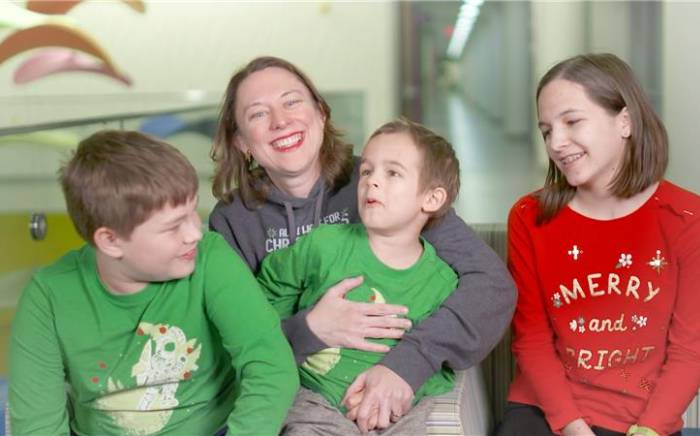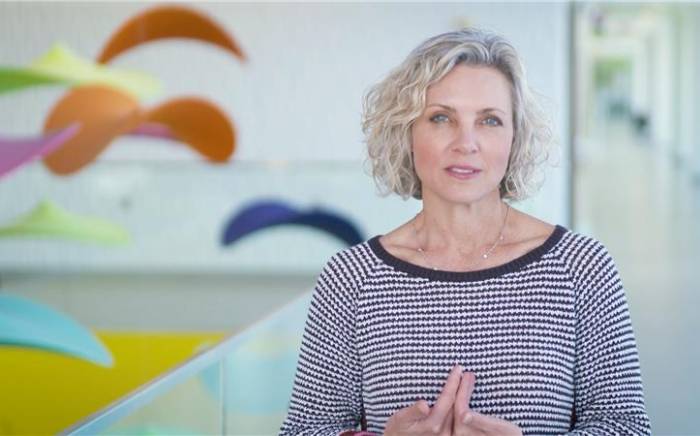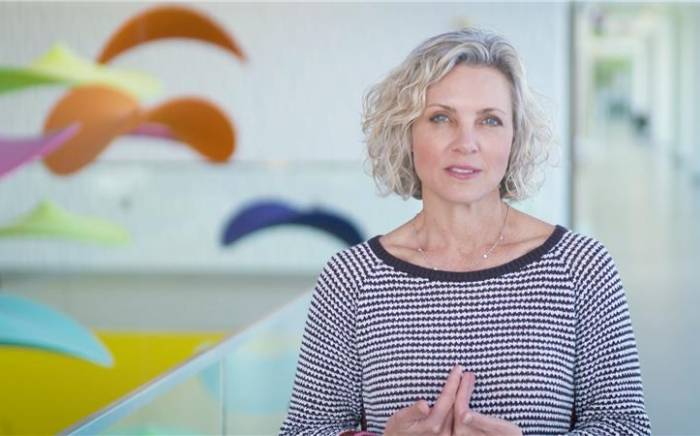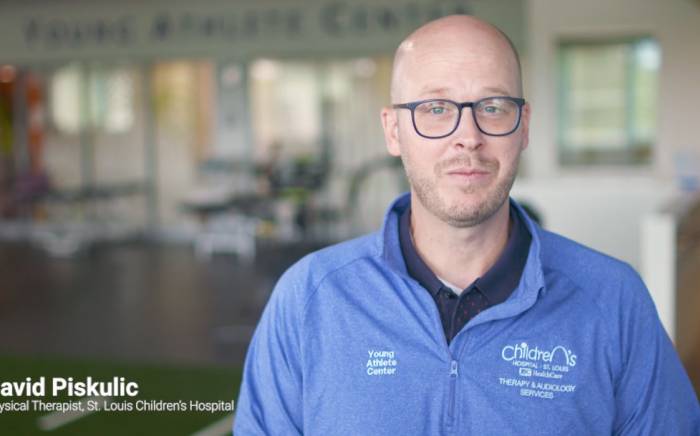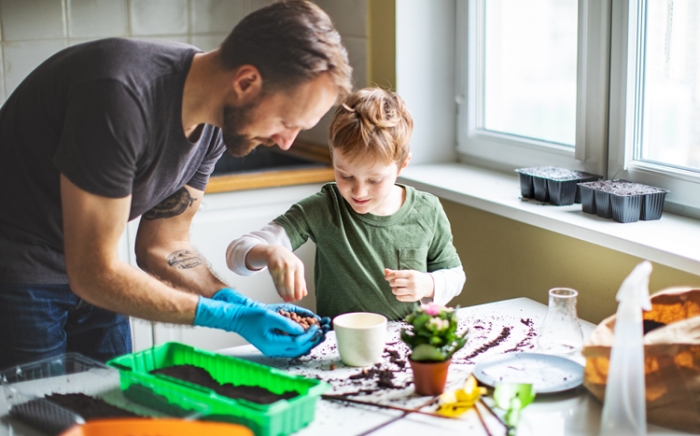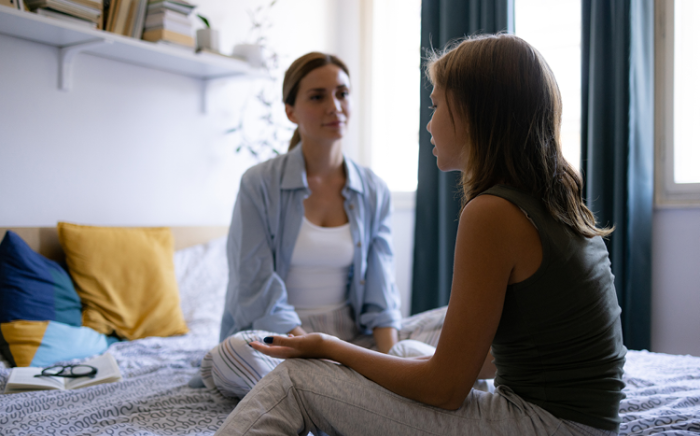Acne is often accepted as a normal part of growing up and becoming a teenager, but that doesn’t make dealing with it any less stressful.
“Acne is not just a cosmetic condition,” says Amanda Groebl, MD, community pediatrician with Eureka Pediatrics. “It affects teenagers socially, and severe acne is a medical problem that can leave behind scars if not treated properly.”
Preventing Pimples at Home
Dr. Groebl recommends teens start by washing their faces twice a day with a soap that has no added colors, fragrances or dyes. She adds that sometimes those irritants can make acne worse. Look for soaps labeled as non-comedogenic—that is, they’re not known to clog pores. Over-the-counter medications that contain benzoyl peroxide are also her first choice when soaps just don’t do the trick.
Secondly, don’t pick! “Picking at acne just makes it worse,” Dr. Groebl says. “It shoves bacteria further into skin.”
When to Call the Dermatologist
Dr. Groebl refers patients to a dermatologist when the acne is severe from the start, or when teens do not respond to several months of home treatment.
“Dermatologists are familiar with all kinds of topical products that help with acne, and sometimes just changing those can provide relief,” says Susan Bayliss, MD, a Washington University pediatric dermatologist at St. Louis Children’s Hospital. “We can also prescribe isotretinoin for extreme cystic acne and for patients who have not seen improvement after a year of treatment.”
To find a dermatologist, call us at 314.454.KIDS (5437) or toll-free at 800.678.KIDS.

